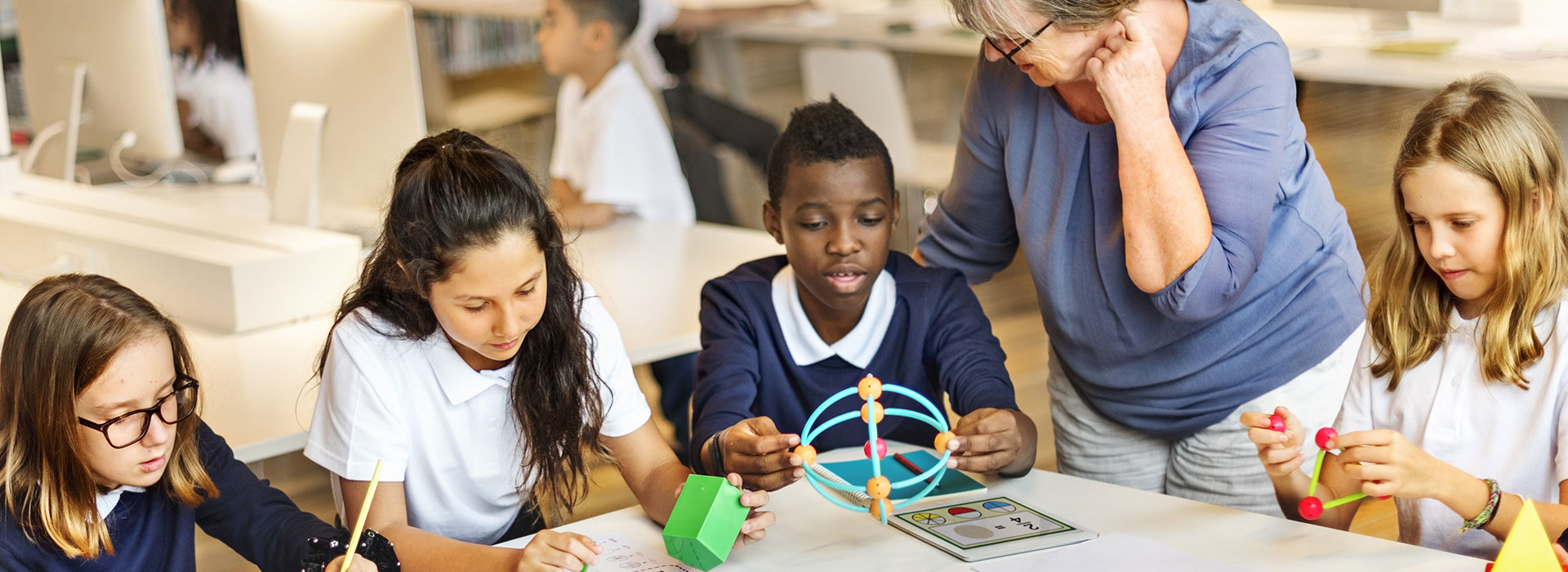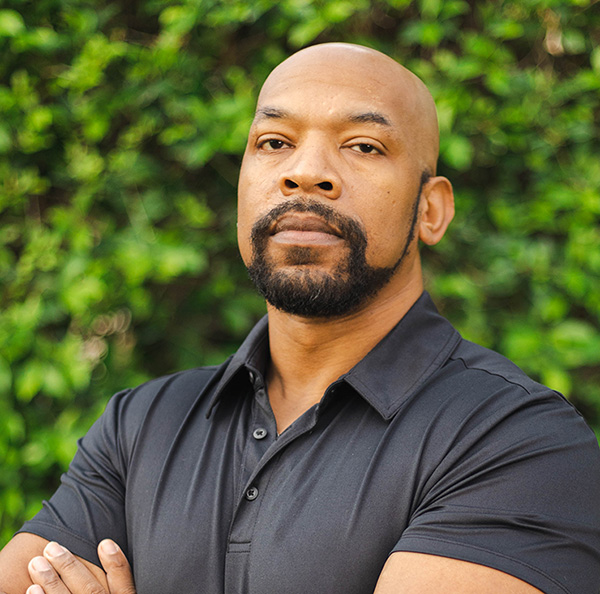A couple of weeks ago, the Core Collaborative issued a statement joining the chorus of voices demanding racial justice. As we continue this conversation, I want to begin by expanding our thoughts more on why this moment especially matters to us in the field of education.
Many have asked while the events in Minneapolis are devastatingly tragic, what does it have to do with me or my community? The answer is everything. What we horrifically saw in Minneapolis was humanity at its worst. We saw trusted authority figures who thought so little of someone that they would violate the dignity of another human being.
What we collectively have to ask ourselves is how can something like this happen?
These things happen not as singularities, but as repeated instances of aggression often levied at individuals simply because those with power devalue the experiences and perspectives of others that are different than theirs. This helps explain why across the nation, Black, Indigenous, People of Color, and their allies have protested.
The protests are geared not just at a few bad apples, but evaluating the effects of bad apples on the whole bunch. The recognition that when we step back from the trees, we can see a forest.
When we take the time to examine these realities from a broader perspective we can notice the residual effects it has in our daily lives. We see this enlightenment happen as companies revisit, revise, and remove certain policies, practices, and behaviors that have a negative impact on devaluing and dehumanizing people of color, specifically Black. We are now witnessing relics and symbols used to glorify White supremacy being eliminated. We see more opportunities for exercising the first amendment against oppressive policies being embraced in the private sector. The system is changing. However, if we are looking at the system and critiquing it then we have to also concede that schools are systems too and as such they also deserve critique.
In a previous blog, thought leader Marisol Quevedo Rerucha explains that “Race and gender are two factors that have great implications in the way we perceive and interact with others. We still live in a world where our black and brown children are more at risk to be killed, to not graduate from high school, to live in poverty, and to be pushed into the justice system. As a human species, we have a tremendous amount of work to do regarding race, gender, and socio-economic status.”
When we keep that in mind we understand that just as with policing, there is a long history of inequity within schools. Unfortunately, our efforts to eliminate those inequities are more often aspirational platitudes and piecemeal initiatives that we add to the plate, rather than a holistic reenvisioning. The former, despite the best intentions, has little effect. The impact is more often that a student’s experience in school is still predictable by demographic categories and identity groupings.

Dr. Floyd Cobb and John Krownapple, in their book Belonging Through a Culture of Dignity, remind us that “traditional approaches to equity have framed dignity as the goal toward which we are striving. While that approach is well-intentioned, it puts the cart before the horse. Dignity comes first. All the rest is built upon that reality.”
Cobb and Krownapple also remind us that “access alone won’t get us to our goal of dignity. Every student must experience access and belonging. Belonging entails being respected at a basic level that includes the right to both co-create and make demands on society. They share with us that decades of research show that belonging leads to engagement, which leads to performance and achievement. When belonging is missing or uncertain for people, their self-efficacy takes a hit; they are susceptible to myriad perils.”
So we know belonging and dignity are key ingredients in our aim to produce holistic results in ways that raise the collective standard. It also isn’t lost on us that this enlightenment towards equity and catalyst for change is coming at the tail end of the first wave in a pandemic that has caused us to rethink our learning environments. The two experiences aren’t mutually exclusive; they are intersectional. We know that the pandemic is affecting some of our most vulnerable populations at an inequitable rate and school policies around access must be equitable. We also know that there is a lack of clarity in how we provide teaching and expect learning in these new learning environments. That lack of clarity and an over-reliance on traditional methods will only exacerbate the problem.
This means now more than ever, as we plan for the year ahead and consider how we engage in schooling in the future, it is imperative that schools just don’t react but equip ourselves in the best way possible to fulfill our missions in the midst of a challenging environment.

At the Core Collaborative, we believe in social justice. We believe that when we learn together we can make a difference in the lives of students, particularly those who are often excluded. We believe that compassion drives performance. That means in order for us to reach our goal of strengthening systems to be more grounded, connected, focused, and authentic, we must recommit ourselves to our core values as we reflect on how we best serve our partner schools and districts with a more focused lens of belonging and dignity. These values include:
- Compassion. Empower and embrace the complex needs and backgrounds of students and learn how to restore relationships and attend to any harm a student may have experienced in our classrooms and buildings.
- Empathy. Create and nurture opportunities to collaborate with students and build a community where partnerships thrive and students feel agency and a sense of belonging.
- Openness. Be open to understand and affirm differences and how they contribute to our collective learning environment.
- Listening. Listen actively with the intention of understanding and encouraging student engagement and sharing.
- Reflection. Consider the impact planning and actions have in creating a culture of trust, collaboration, and self-efficacy.
- Patience. Provide a space and time where we learn how to challenge our comfort and the status quo of the system as well as process the difficulty that challenge will bring.
I am committed to helping the Core Collaborative evaluate how we include more emphasis on equity, belonging, and dignity in our efforts to create empowered learners, clarity in learning environments, impactful professional learning communities, and restorative discipline practices; I also invite you to reflect on these core values as well with that deliberate lens of ensuring belonging and dignity. We stand to work with you on this journey and provide the resources, frameworks, and environments to improve our learning systems for all, especially our most vulnerable.


